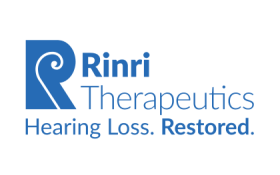Pain research conference to link academics and industry
The University will host a major conference on Pain Research and Therapeutics on Tuesday 21 May 2024.
The Pain Research and Therapeutics conference will showcase the expertise of the University of Reading’s Pain Research group, who explore the complex phenomenon of pain across a wide-variety of disciplines from psychology and philosophy to neuroscience.
The conference, which has been organised by the Pain Research group and OBN Life Sciences Network, will provide a platform for thought leaders and commercial organisations who are involved in pain-focused research and development to share best practice and foster collaborations and partnerships.
The day will feature keynotes and presentations from Reading academics on the future of pain research, along with short presentations from companies working on pre-clinical pain models, those working to understand the neurology and psychology of pain, and clinicians working to better understand pre-clinical behavioural assessments of pain.
Among the speakers is Dr Maria Maiarú (Lecturer in Pharmacology) whose research focusses on pain mechanisms and the generation of new tools and drugs that could improve persistent pain states. Dr Maiarú will be joined by academics from universities across the UK. View the full speaker line-up.
Professor Carol Wagstaff, Research Dean for Agriculture, Food & Health, who will be delivering the conference opening address said: “The conference provides an invaluable opportunity to bring together leading academic experts and commercial organisations working at the cutting edge of pain research and drug development.”
“By fostering collaboration and sharing insights across disciplines, from neuroscience and psychology to pharmacology and clinical practice, we can accelerate progress toward better understanding and treatment of pain. The University of Reading is proud to showcase the work of our Pain Research team while creating a forum for knowledge exchange that we hope will ultimately improve patient outcomes.”




